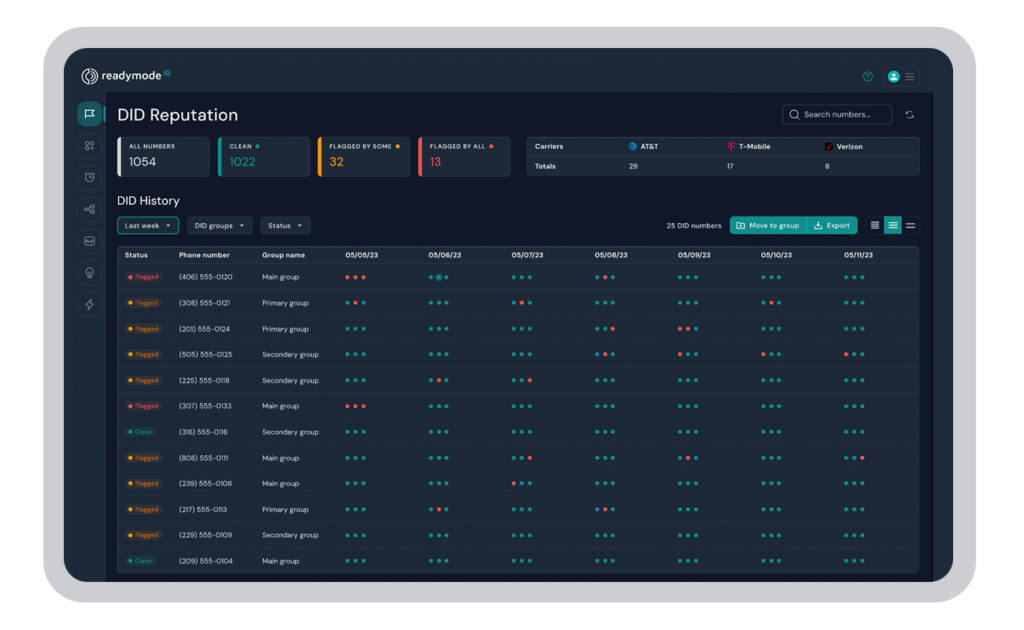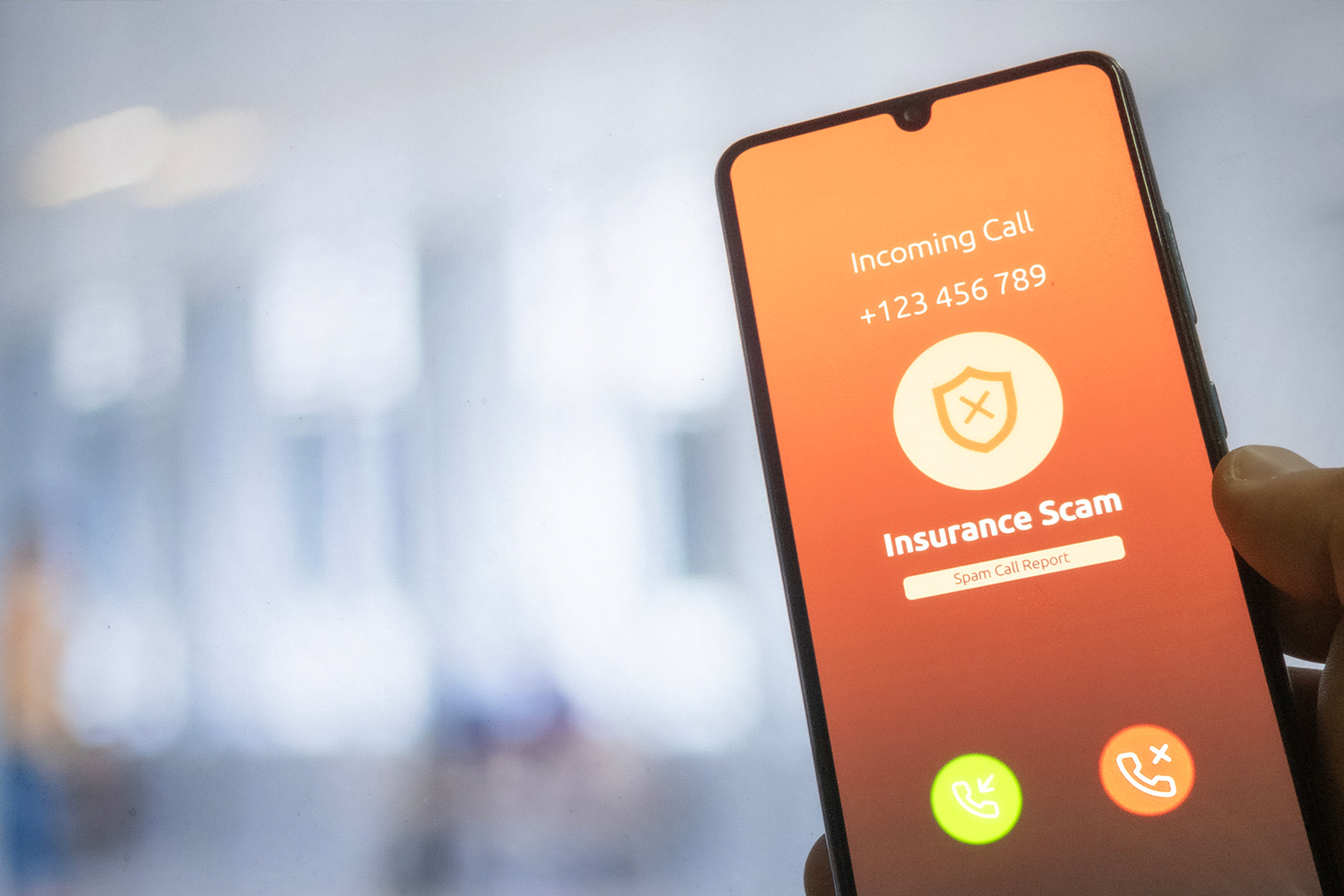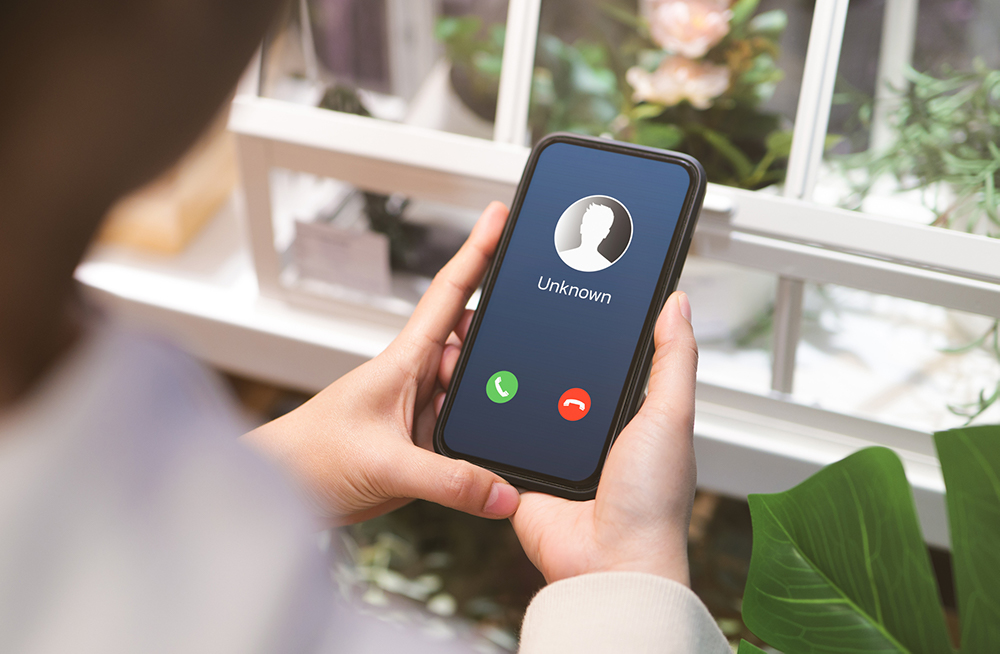Everyone has likely experienced receiving a call from an unfamiliar local phone number, but upon answering the call, it sure sounds like the caller is not calling from your local community. Many understand this to be “spoofing,” which often carries a negative connotation.
But what many Americans do not understand is that “spoofing” is like driving—there is legal driving (driving attentively within the speed limit with your seat belt on), and illegal driving (driving like a nut while looking down at your phone with no seat belt on).
“Spoofing” is the same: there are a variety of legal so-called spoofing practices. Domestic violence shelters routinely spoof their phone number because the domestic violence victim doesn’t want the abusive partner finding out that they are seeking help.
And businesses often legitimately use local presence practices so that consumers can make and receive calls with the business via a local number.
But there are also illegal spoofing practices.
Below we explain what caller ID spoofing is and provide tips on how businesses can lower the risk of their telephone numbers being spoofed.
What is Caller ID Spoofing?
Under the Truth in Caller ID Act, 47 U.S.C. § 227(e), it is illegal to “knowingly transmit misleading or inaccurate caller identification information with the intent to defraud, cause harm, or wrongfully obtain anything of value.” Thus, unlawful caller ID spoofing occurs when a caller falsifies the information submitted to a called party’s caller ID display with an improper intent.
Caller ID Spoofing vs. Local Presence Numbers
Illegal caller ID spoofing is often confused with Local Area Presence (LAP), but they are very different. LAP involves a company legally purchasing multiple telephone numbers with different area codes. Then, for example, when that company is calling a consumer located in New York City, it can use one of its numbers with a New York City area code to make that call.
Another difference between illegal caller ID spoofing and LAP is that when a consumer calls back a number a business used to make a call as part of its LAP strategy, the consumer will be connected to that business. But when a caller uses illegal spoofing, a consumer will not reach the caller when he or she calls the spoofed number back—because they had no right to use that number in the first place, and the carrier network will not connect that callback to the illegitimate spoofer.
Why Should Businesses be Concerned About Caller ID Spoofing?
Damage to reputation is one of the major concerns for businesses when it comes to caller ID spoofing. For example, the hotel industry reports that it has had significant issues with illegal spoofing and unrelated entities falsely impersonating major hotel chains.
Those in the hotel industry have taken various steps to attempt to resolve those issues due to major hotel chains believing the responsible entities’ interactions with consumers have damaged their reputations. Healthcare providers and insurers have done the same.
Another risk for businesses is that the more often their numbers are spoofed, the more likely their calls from those numbers will be blocked or flagged as “spam” by terminating carriers. That reduces the likelihood of calls from those numbers being answered.
What Steps Can Businesses Take to Protect Their Numbers From Spoofing?
There is currently no way for businesses to fully prevent their telephone numbers from being spoofed. But there are steps businesses can take to reduce the risk of their telephone numbers being used for caller ID spoofing.
For example, there are companies, like Readymode, that offer caller ID reputation monitoring tools. When a telephone number is repeatedly spoofed, that number is often flagged by the major terminating carriers.
Readymode’s caller ID reputation monitoring tools warn a business as soon as one of its numbers is flagged by a major carrier. This allows businesses to remove the number from rotation while Managed Remediation in Readymode iQ takes proactive steps to address the mislabelling with carriers.

Readymode’s caller ID reputation monitoring tools include Autopilot, which enables businesses to automatically make calls only from healthy numbers. Further, the Readymode system itself prevents its users from engaging in caller ID spoofing, as Readymode customers can only place calls through the platform using phone numbers assigned to them by the phone company that provides the voice services included in the Readymode platform.
The Bottom Line
Illegal caller ID spoofing is a prevalent and serious issue. Thus, in the interest of protecting their reputation, customers, and consumers, businesses should take steps to reduce the risk of their telephone numbers being subject to spoofing.
Taking such steps is also a great way to improve customer relations, as it allows customers to take solace in knowing they are doing business with a company that is working to prevent them from falling victim to fraudulent callers that engage in illegal spoofing.
This article is only offered for informational purposes; it is not legal advice. Please consult a qualified attorney for your specific compliance needs.
Joe Bowser
Joe Bowser is a partner at Roth Jackson. He has been practicing communications and marketing law for two decades. He advises and defends calling and SMS platform providers (like Readymode), carriers/VoIP providers, and heavy users of those services in their wide range of compliance needs. In his spare time, you can find him taking his boys to their sports, getting in a workout of his own, or catching an Arsenal match.






